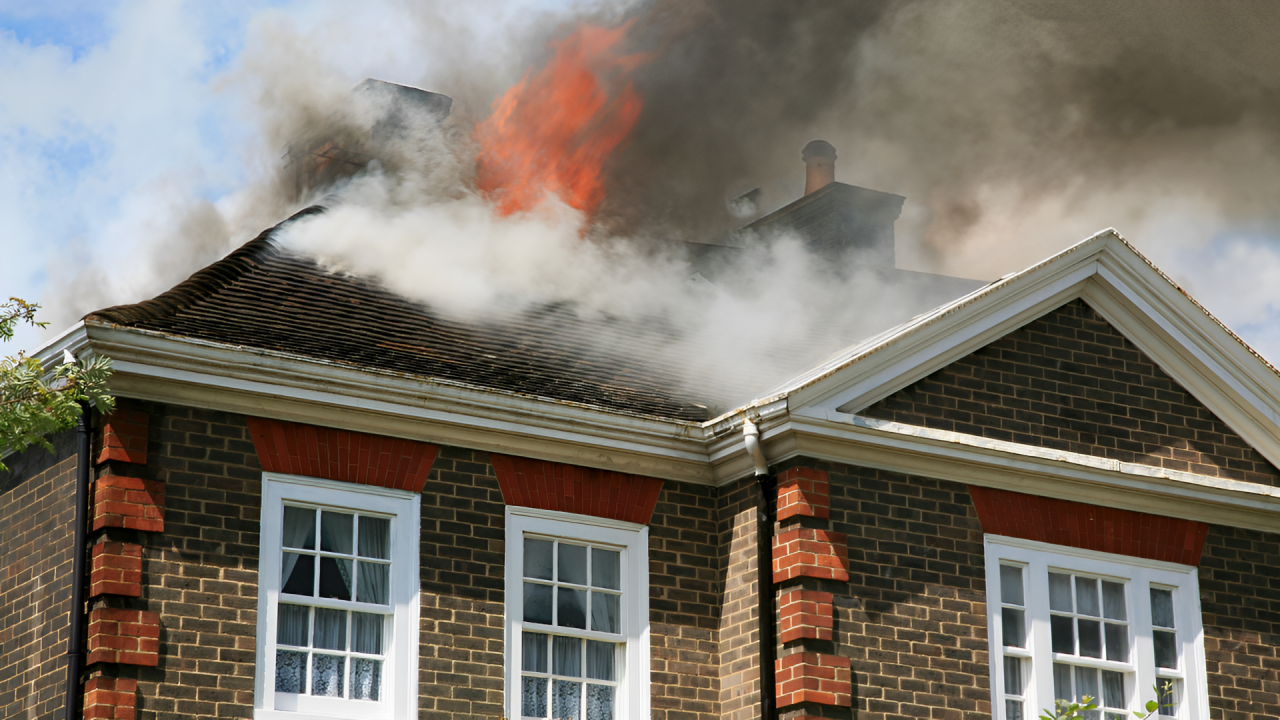How to Prevent Fires and Burns in Your Home

Burn injuries are not only painful at the time they occur, they can also leave a lasting imprint…figuratively and literally. Burn victims also have a higher risk of complications and infections, especially if the burn is not addressed properly. Take special care to avoid burns and fires before they happen.
Fortunately, injuries and deaths from burns and fires have decreased significantly over the past 20 years. You can take simple steps at your home to avoid fires and keep you and your loved ones safe.
The following is a short list of easy things you can do today to decrease the occurrence of fires and burns.
ELECTRICAL FIRES
Every year, roughly 4,000 people suffer from electrical burns. Thousands more are injured in fires that started due to defective or old electrical equipment.
- Keep appliances unplugged when you are not using them (this will also cut down on energy consumption).
- Check alternative heating devices to be sure they are operating safely.
- Periodically check electrical cords to be sure they are not fraying or damaged.
- Do not overload electrical outlets.
- Never use electrical appliances in or around water.
- Have the electrical wiring in your home checked by a professional at least once every 10 years.
KITCHEN FIRES
Kitchen fires are very common, but, thankfully, they are usually small. However, most accidental burns occur in the kitchen.
- Keep pot handles turned inward on the stove when cooking to avoid bumping them.
- Always contain grease fires with baking soda or flour –not water.
- Remember to turn off ovens, stoves, or other cooking appliances when they are not in use
- Stay in the kitchen while you are cooking.
- Keep dishtowels, long sleeves, plastic bags, and anything else that can burn quickly away from heated surfaces.
- Never cook while holding a child or a pet.
FIRE PREVENTION MAINTENANCE
In 2014, one report stated that from 2007 to 2011, roughly 23% of fire-related deaths occurred in properties where the smoke detectors failed.
Protect yourself and your families by making sure your fire prevention tools are quickly available and working properly.
- Clean smoke detectors often and be sure to replace the batteries when needed (they should be changed roughly twice per year).
- Always have a tested fire extinguisher on hand.
- Change your smoke detector every 8 to 10 years.
- Know how to use your fire extinguisher in case of an emergency.
CHILDREN AND BURNS
Most fires involve children. This is likely because they do not understand that certain things can harm them or will start fires. The following tips are specifically for parents.
- Teach your child what to do in the event of a fire, practice your exit plan, and teach them how to put out a fire.
- Test the temperature of foods, bath water, etc. before exposing your child.
- Keep lighters and matches away from your child’s reach.
- Always supervise children near fireworks.
- Store harmful chemicals where the child will not be able to reach them to avoid chemical burns.
- Be sure that your child wears a flame-retardant Halloween costume.
- Turn down your water heater to 120 degrees.
OTHER QUICK FIRE PREVENTION AND BURN TIPS
- Have your chimney or fireplace cleaned before use in the winter months.
- Always discard smoking materials in a deep or wet fireproof container.
- Use flashlights instead of candles during a power outage.
- Be sure to check tree lights and decorations thoroughly before putting them on your holiday tree.
- Never clean with gasoline.
- If you smoke, never smoke in bed, and always be sure that cigarettes are fully extinguished before leaving a room.
GETTING LEGAL HELP
Sometimes fires are not preventable because they are due to the fault of another person or a defective product.
If you or a loved one has been burned or a fire has damaged your property, speak with one of our Boca Raton FL personal injury attorneys.

Related Items:





